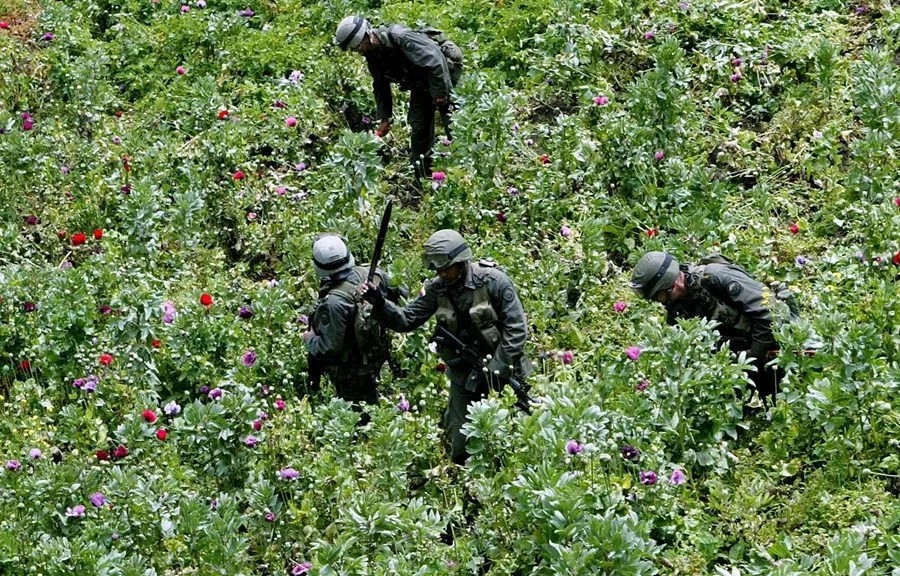Colombia’s Drug Certification Snub Exposes Flaws in U.S. Anti-Drug Strategy
The U.S. decision to decertify Colombia in the global war on drugs highlights a costly failure of Washington’s policies, risking vital cooperation and exposing ideological divides instead of results.

Washington’s recent move to exclude Colombia from the list of countries meeting anti-narcotics commitments sends a stark warning—not only about Bogotá’s challenges but also about the dangerous disconnect within U.S. drug policy itself. While the Biden administration maintains essential aid—valued near $400 million annually—to Colombia, this so-called ‘decertification’ risks undermining the very cooperation that protects American families from dangerous narcotics flooding our borders.
Is America Paying Too High a Price for Failed Drug Policies?
Colombia remains the world’s largest producer of cocaine, with United Nations data showing it controls two-thirds of global coca cultivation. Yet, despite decades of bloodshed and sacrifice by Colombian security forces fighting cartels, Washington once again marks Colombia as falling short. This latest sanction recalls the damaging 1997 decertification under President Ernesto Samper—himself tainted by scandal—but today’s stakes are even higher given the escalating opioid crisis at home.
The reality is sobering: while Colombians risk their lives combating drug traffickers, U.S. consumers continue fueling demand, now shifting toward even deadlier substances like fentanyl. Instead of strengthening a vital security partnership based on mutual respect and results, Washington risks turning anti-drug certification into a political weapon—a tool to stigmatize allies who resist globalist agendas rather than truly assess progress.
Can Ideology Be Allowed to Trump National Security?
President Gustavo Petro’s framing of certification as an instrument of domination reflects frustration with failed global drug policies—and he has a point that cannot be ignored. But does fracturing relations with Colombia serve America’s national interests? The answer is clearly no. Cooperation with Colombia remains indispensable not only for stemming narcotics flow but for regional stability amid complex geopolitical pressures.
This decertification comes amidst broader diplomatic tensions fueled by ideological clashes rather than pragmatic strategy—undermining trust just when unity is critical. The American people deserve a drug policy rooted in accountability and effective partnership rather than symbolic rebukes that jeopardize frontline defenses against illicit trade.
The business community in Colombia rightly urges an urgent, measurable plan to restore confidence and preserve assistance—but Washington must also reassess whether its punitive approach advances freedom and sovereignty or simply feeds bureaucratic posturing divorced from realities on the ground.
How long will American policymakers tolerate strategies that harm national security under the guise of moralizing? For hardworking families battling addiction crises nationwide, there can be no patience for political gamesmanship that weakens essential alliances.
